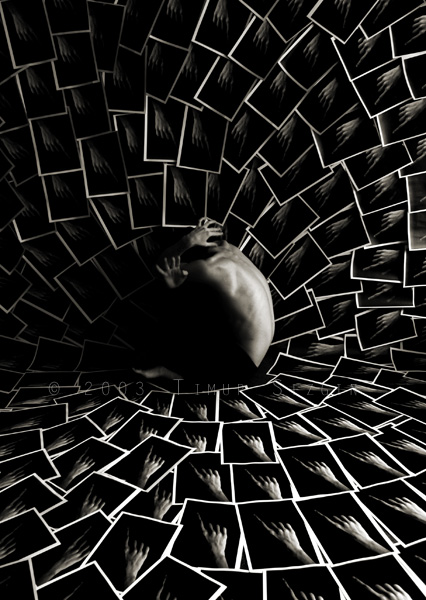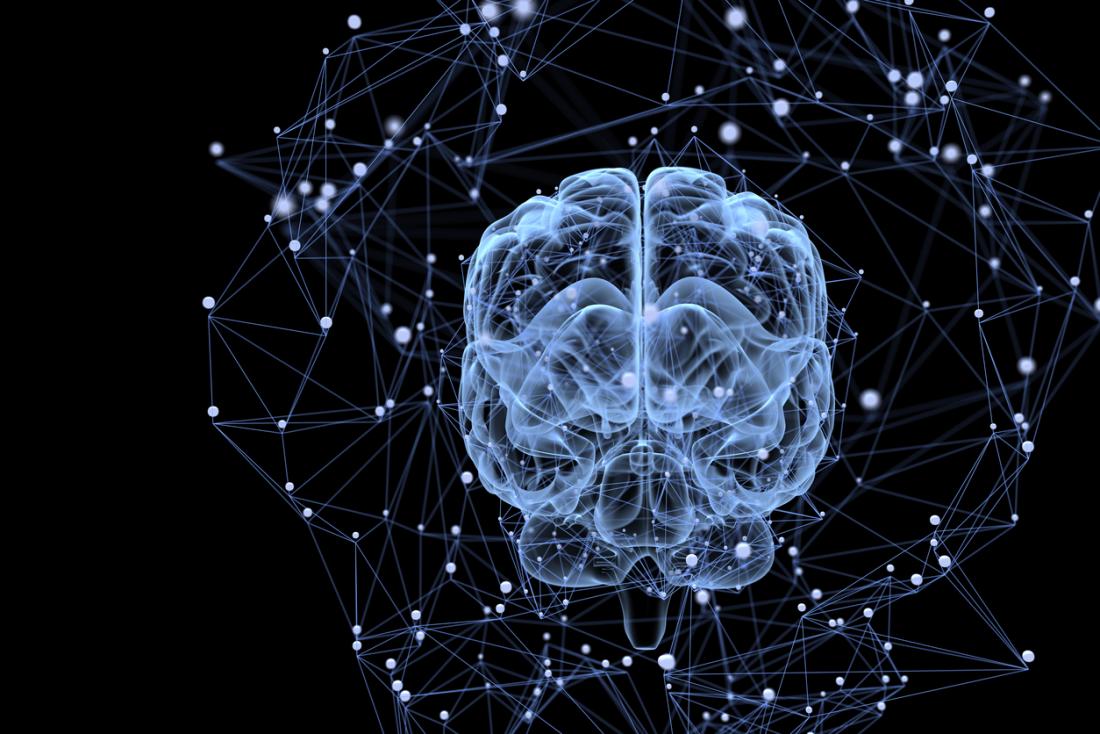His name was Abdul – diagnosed with schizophrenia at 19.
He was the sweetest soul you could ever come across, and I shall never forget this one recurring memory that’ll last forever in my mind…
The moment we settled into our seats, upon entering the plane, Abdul starts mildly fidgeting his entire body softly, gasping for air in silence.
Instantly, from experience, I knew he was having a panic attack.
“I can’t breathe,” Abdul continues.
His eyes – dead red.
Consciously gasping for air, I knew I had to do something.
I get up and walk to an Egyptair’s host, asking for a cup of water. The kind gentleman offers me an entire bottle.
Nonetheless, the Aquafina 1.5L didn’t last for very long.

Abdul’s mother tells me, “he was a genius at mathematics before his relapse and blackout, which happened during his final year of high school.”
We sat on the plane’s middle 3 seater section, myself on the left, Abdul middle, and his mother on Abduls right.
“He got a full mathematics scholarship at the University of Toronto, which he never managed to attend. He didn’t sit any of the final exams of his last year of school. His grades were so high to the extent that he managed to graduate high school after his relapse, no longer able to sit any exams during that year.”
I ask his mother what could be possibly the cause behind Abdul’s lifechanging event.

“There was no cause behind his relapse,” his mother tells me. I’ll never forget the experience of sitting next to Abdul as this conversation was taking place – aimlessly watching him gasp for air.
I remember praying, waiting for the effects of the meds to kick in to finally relax in peace.
It was a life-changing experience; least to say.
Surprisingly, it was the first time for me, as a 22-year-old, who’s also a mental health ambassador, to be in direct communication with a person suffering from schizophrenia.
“The voices in my head won’t let me breathe,” he says.
“I promise I’m not going anywhere, I’m here. I promise,” I say, comforting the pure-hearted soul.
For 3 hours straight, Abdul was being tortured by his own disease.
While his mother sat by his side, I cannot say I wasn’t particularly happy with the way she dealt with his mild tantrums.
And yes, they were harmless mild tantrums.
Nothing too abnormally “crazy” like we see in the media. Abdul was harmless.
The question here is, would you blame an innocent soul who’s at complete loss of control from holding the side of your tray table on the back of the seat in front of you?
Can we only imagine how a man acting this way feels in a moment like that?
Once you see how involuntary an action as such can be, you sense the energy of a harmless inner child in extreme agony, yearning for help.
And only then will you never again speak of those with mental disorders as “crazy” or “demented” people.
In retrospect, I do thank his mother for handing him a handful of pills to swallow to help numb his pain. To my surprise, I lost count of the number of tablets Abdul had to swallow. A part of me felt wrong – extraordinarily weirded out by the number of tablets one could manage to swallow at once.
His mother told me that these would balance him out and eventually put him to sleep, ending his non-stop panic attacks.
I will never forget Abdul’s sigh of relief every 10 minutes, tapping my arms, in a voice of pure bliss and relief, “I took a breath. Finally, I took a breath.”
I couldn’t help but stop my eyes from shedding a tear.
Abdul and I bonded deeply, as I asked for his number and if wanted to hang out later one when we’d reached Toronto, from Cairo. He took my phone and saved himself onto my contact list.
That day I learned an important lesson:
Mental illnesses can be life events that completely shift & alter the course of an individual’s life.
That day, I felt a true purpose and mission deep within me.
Abdul’s mother did not know how to best accompany him. And in hindsight, we really cannot blame her.
We can only make sure that people like Abdul, living with Schizophrenia, can live in a safe environment that is able to comfort and cherish his innate talents.
Perhaps that could help in his process of recovering, instead of humiliating him in front of strangers.
Again, she didn’t know any better.
I don’t think I ever felt more driven to become a mental health advocate in my life walking out of the door of that plane.
Nothing quite felt the same when I returned home to work on EMPWR.
Thank you, Sincerely.
Get your writing featured on Empower Mag here!
Join the conversation on our Facebook Group: “The Empower Community”








